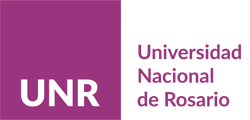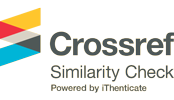Participative practices in the neighbourhood space: Its operativity under peronism
DOI:
https://doi.org/10.35305/ac.v11i11.363Keywords:
Press - Rosario - Opinion - Interests - Governments and factionsAbstract
The diverse historiographical studies about Peronism have revealed certain richness of local-scale shades. Regarding to this, the objective of this article is to analyze the participative practices –both in its associative and political modalities- that took place in the neighborhoods of the city of Río Cuarto, Córdoba, taking into account both neighborhood associations and partisan Basic Units. It will be shown that the mediation of the neighbor demands became a disputed field between social-based foment and the Basic Units, just like is reported in other peripheral urbanizations. But in spite of this, in this city, neighbors kept developing associative practices both from inside and from outside of pre-existing foment entities; Peronism did notocclude the associative life but sought to control and regulate it. And even though it “peronized” some foment commissions, it did not the same with neighbor associations. These, instead, experienced a renovation process during the two final years of Peronism.Downloads
Downloads
Published
How to Cite
Issue
Section
License
Avances del CESOR ratifies the Open Access model in which the contents of scientific publications are fully available for free on the Internet, without temporary embargoes, and whose publishing costs are not transferred to the authors. This policy aims to break the economic barriers that generate inequities in access to information, and publication of research results.
Authors retain the copyrights of their papers and grant the journal right of first publication with the work simultaneously licensed under a Creative Commons that allows others to share the work with an acknowledgement of the work's authorship and initial publication in this journal.



















































